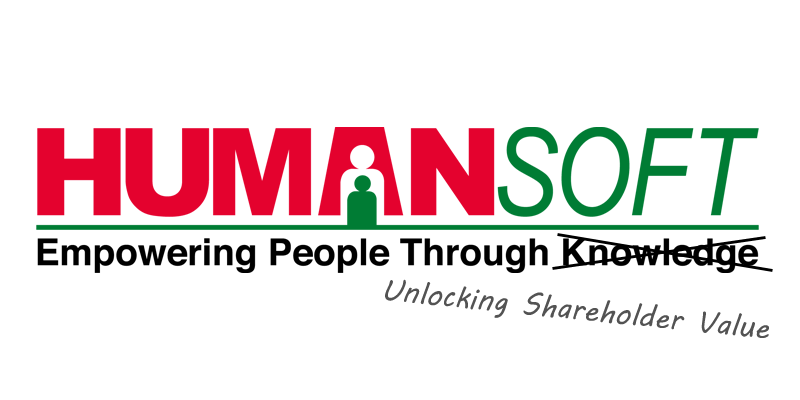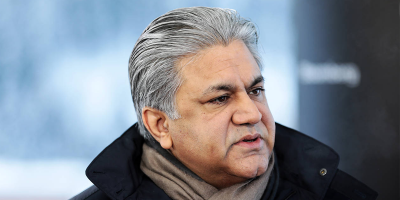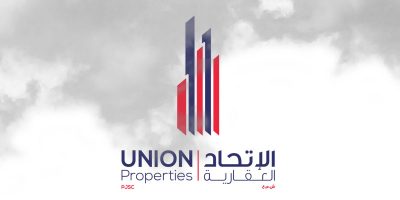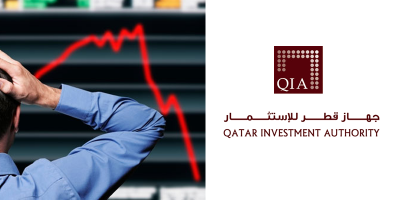Humansoft traces its history back to 1997 when it started out as a primitive computer-assisted learning center in sleepy Kuwait. The core of its curriculum focused on IT skills and professional certifications for CISCO, Citrix, and Microsoft. In 2005 it went public on the local stock exchange, and traded (less and less over time) in a range with little to get excited about, as evidenced below.
In 2003, Humansoft received approvals to start one of the first private universities in Kuwait and a college, in affiliation with Purdue University from the US. By 2008 American University of the Middle East (AUM) and American College of the Middle East (ACM) were operational. From 2011 to 2014 Humansoft was in beast-mode, and grew its revenue by a CAGR of 37% . The move into higher education had paid off, but the stock price didn’t reflect any of this value that had been created. The problem? Not enough float.
Bourses across the Gulf are rife with publicly listed businesses that just don’t trade (take a look at Bahrain for an extreme example). The shares of these firms are usually held closely by the founding shareholders. As a result, there is little to no trading volume, not much incentive to be transparent and usually a truck-load of bad behavior related to resulting weak governance.
Humansoft was one of those companies. It had decent governance, and was fairly transparent but it didn’t trade. Three shareholders essentially owned 90+% of the shares outstanding and weren’t interested in selling. In November 2015 the board of directors proposed that Humansoft delist and go private. Increasing regulation from Kuwait’s recently formed Capital Markets Authority and “soft pressure” had triggered dozens of small cap companies to do the same, and rightly so. The decision to delist was taken in March 2016.
In steps NBK Capital. The team at NBK Capital proposed that the controlling shareholders reduce their grip on the company given how poorly the share price reflected Humansoft’s underlying performance. The pitch to the Humansoft board likely highlighted the incredibly strong operating performance of the higher education assets and that the market would be more than happy to provide an equity multiple, if it could get some stock. The company did a secondary offering, releasing 39 blocks of shares on the Kuwait Stock Exchange between January and March of 2016. The founder, Fahad Al Othman went from 59% ownership down to around 39%. In May of 2016 the CMA cancelled Humansoft’s delisting and the result was …
Explosive! The other significant shareholder, Imtiaz Group, reduced their stake from 24% to 20% on heightened volume. Higher prices still saw them then sell a further 10% in a block sale. Humansoft’s market capitalization has grown by 1,000% in little over 2 years. The board is still controlled by management, the Al Othmans and Imtiaz. So no, the founders didn’t lose control of their company.
This should be a lesson to closely held businesses all over the GCC. With the increased float, Humansoft has since been included in several indices, the FTSE Coast Kuwait 40 Index, effective 22nd May 2017 and the MSCI Kuwaiti Small Cap Index, effective June 1st 2017. The company today has a market cap of around $1.3bn with individual shareholders making up just over 50% of the company.
Just to summarise the incredible performance of this company, Humansoft has around 10,000 students across ACM and AUM. EBITDA has grown at a CAGR 50% over the past 5 years with over 50% EBITDA margins on around $180mn of TTM revenue. Oh and lest we forget, it pays a 4% dividend and has negative net debt.
Now where did ADFG’s Goldilocks GCC activist fund disappear to?







Leave a Reply